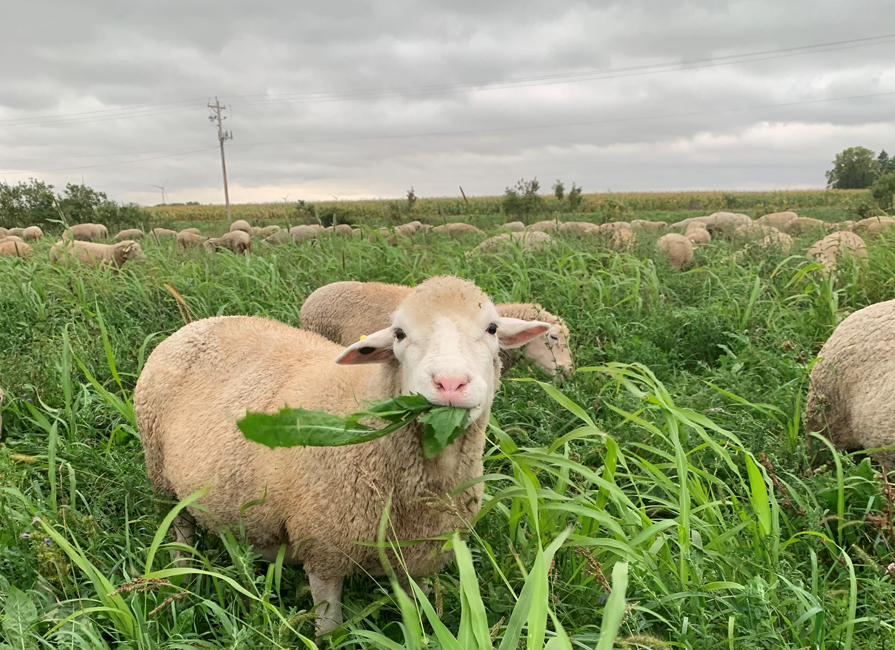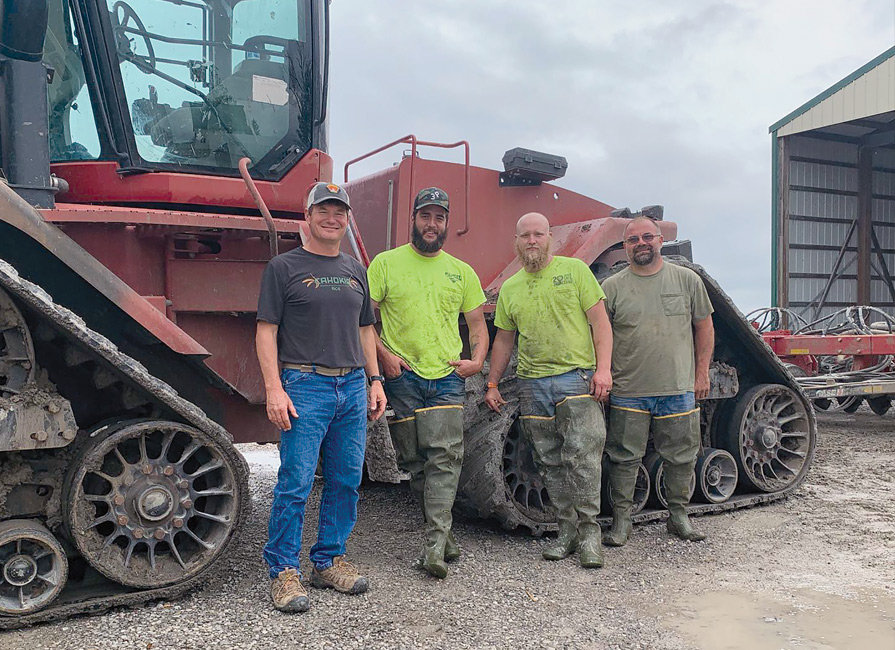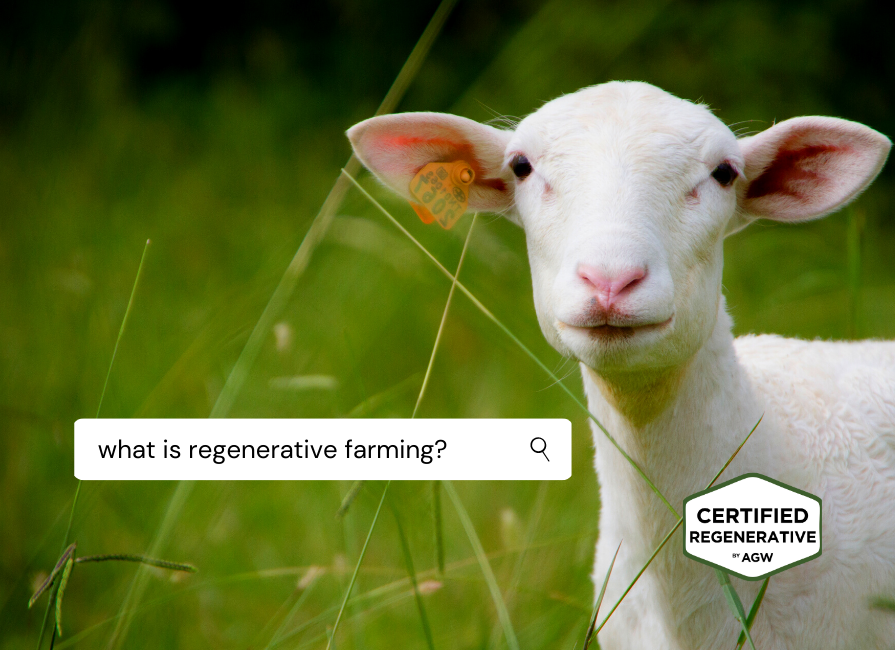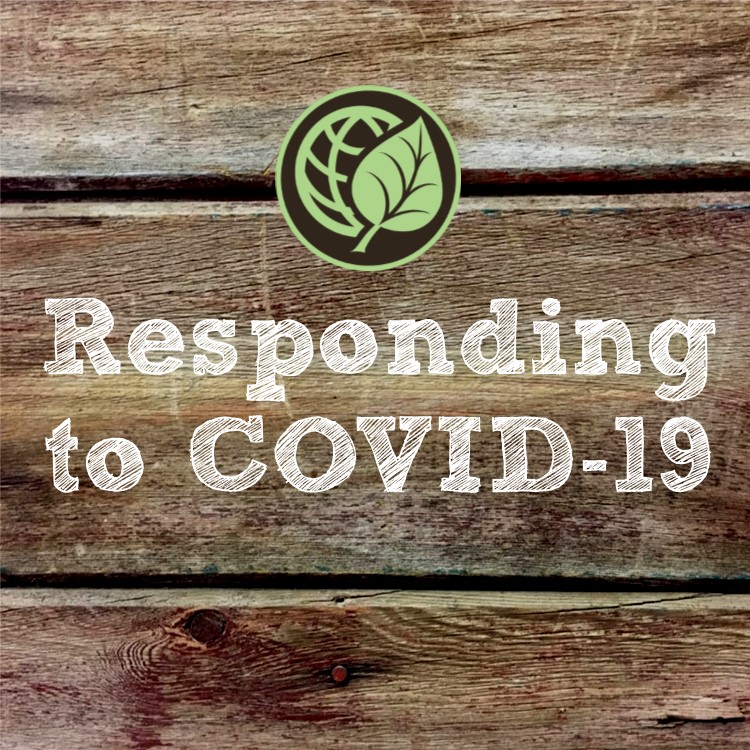Meet The Farmer – Jump For Jóia
Wendy Johnson and Johnny Rafkin own Jóia Food Farm near Charles City in northeast Iowa, raising Certified AWA and Certified Grassfed by AGW sheep and selling directly to consumers through the farm and through their wool bedding business, Counting Sheep…





